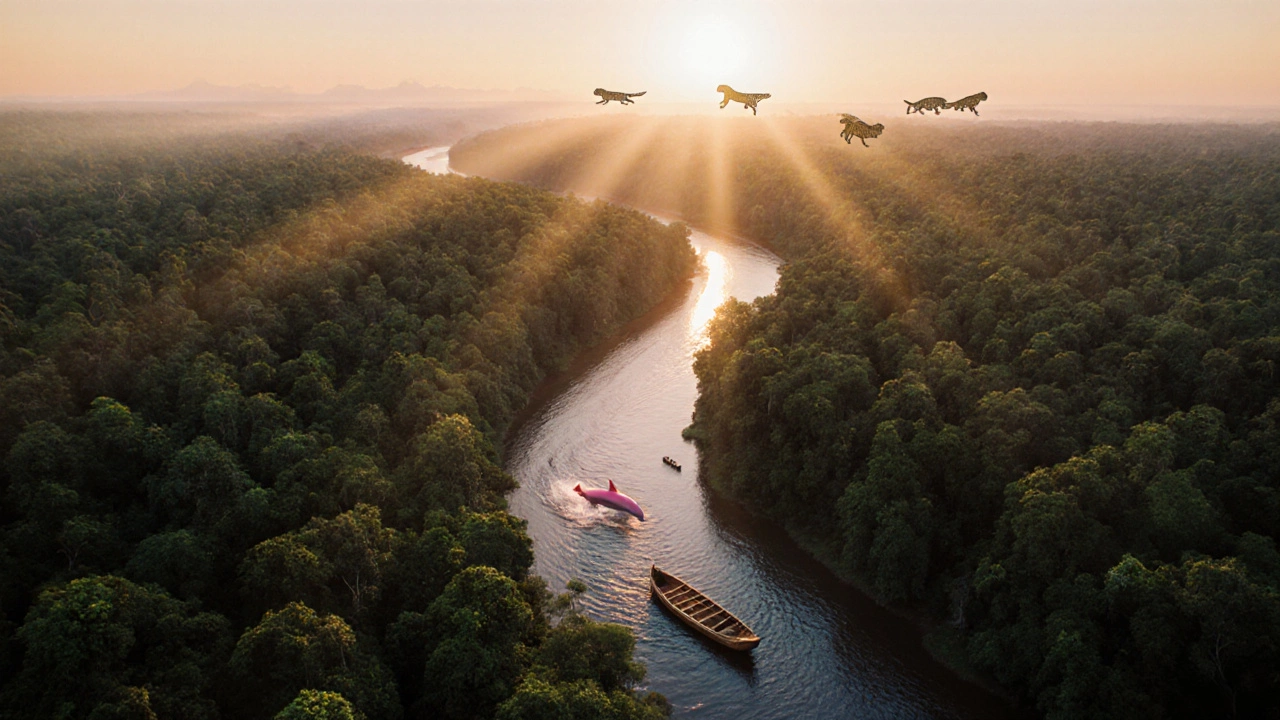Brazil Rugby: Growth, Challenges, and Opportunities
When talking about Brazil rugby, the sport’s evolution from a niche pastime to a fast‑growing discipline in the country. Also known as Rugby Brasil, it now reaches schools, clubs, and national stadiums across the nation.
Understanding Brazil’s Rugby Landscape
Brazil’s journey began in the 1970s when expatriates introduced the game to Rio’s beaches. The Confederação Brasileira de Rugby, the governing body that oversees all rugby activities in Brazil officially joined World Rugby, the global authority that sets rules, runs tournaments, and supports development programs in 1995. That membership gave Brazil access to funding, coaching education, and international competition pathways.
One of the biggest boosts came from Rugby Sevens, the seven‑a‑side version of the game that’s an Olympic sport. The Sevens format suits Brazil’s athletic profile and has helped the country qualify for multiple Olympic Games, giving the sport massive media exposure. The high‑tempo, short‑match style also attracts fans who enjoy fast action and fits well with the country’s love for beach sports.
The Brazil national rugby team, often called the "Tupis" after an indigenous tribe, competes in the South American Rugby Championship and World Cup qualifiers. Recent victories over traditional rivals like Uruguay and Argentina’s second‑tier side show how far the program has come. The team’s success rests on a mix of homegrown talent and diaspora players who bring professional experience from overseas leagues.
Brazil doesn’t operate in isolation; it’s part of South American rugby, a regional ecosystem that includes Argentina, Uruguay, and Colombia, each pushing the others to improve. Strong regional tournaments create a competitive ladder, and joint training camps help share coaching expertise. This network fuels grassroots growth, with more than 1,200 registered clubs and youth programs now active across the country.
Looking ahead, the biggest challenges are funding, professional infrastructure, and retaining talent. The sport still relies heavily on volunteers, and many promising players leave for Europe or North America to chase professional contracts. However, new commercial deals, government sports grants, and the upcoming 2027 Pan‑American Games — where Rugby Sevens will be a headline event — promise fresh revenue streams.
Below you’ll find a curated set of articles that dive deeper into specific aspects of Brazil rugby, from training tips and equipment guides to the business side of the sport and stories of standout players. These pieces will give you a fuller picture of where the game stands today and where it’s headed tomorrow.
Published on Oct 24
0 Comments
Explore Brazil's iconic natural wonders, cultural festivals, architectural marvels, and its fast‑growing rugby scene, including 2025 fixtures and top attractions.
